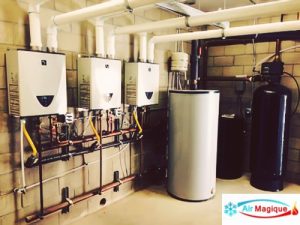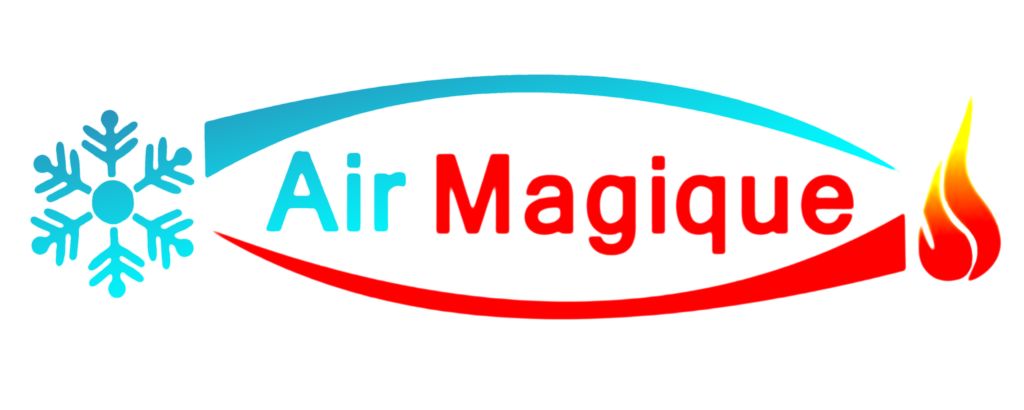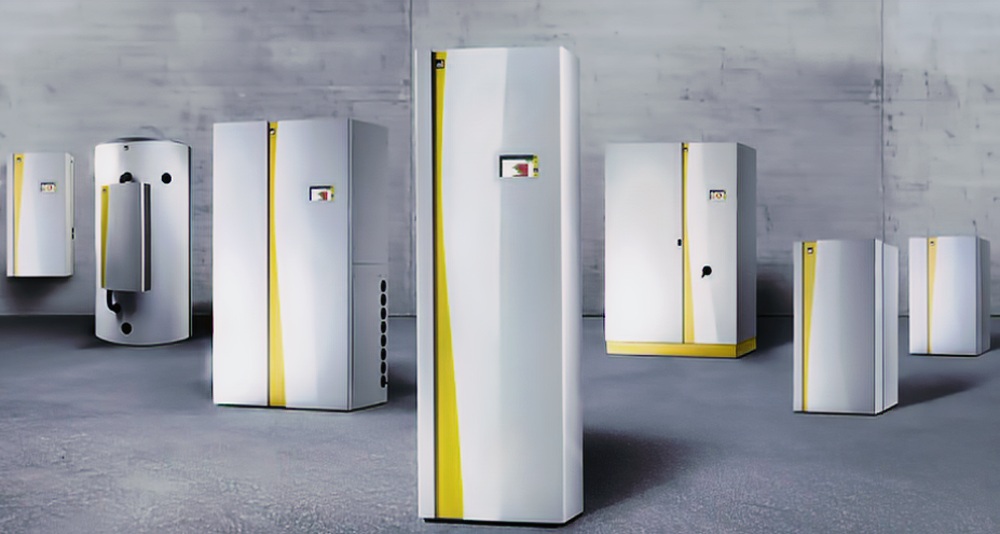When it comes to heating your home or business, there are various options available, with boilers and furnaces being two popular choices. While both systems serve the purpose of keeping your space warm, they operate differently and have distinct maintenance requirements. In this blog post, we will delve into the differences between boilers and furnaces, explore how they work, and discuss the maintenance practices necessary to keep them running efficiently.
Boilers: Efficient Heat Distribution
Boilers are heating systems that use water or steam to distribute heat throughout a building. They work by heating water, which is then circulated through pipes or radiators to provide warmth. The key advantage of boilers is their ability to deliver consistent heat, resulting in a comfortable and even temperature throughout the space. This makes them particularly suitable for larger buildings or properties with multiple floors.
Maintenance Requirements for Boilers:
- Regular Inspections: Routine inspections by a qualified HVAC professional are essential to ensuring the safe and efficient operation of a boiler. This includes checking for leaks, corrosion, and any potential issues with valves, pipes, or controls.
- Water Quality Management: Proper water quality is crucial for the longevity and efficiency of a boiler system. Regular water testing and treatment can help prevent the buildup of mineral deposits and scale that can impede the boiler’s performance.
- Annual Cleaning: Scheduling an annual cleaning of the boiler system is important to remove any accumulated dirt, debris, or soot. This helps maintain optimal heat transfer and prevents potential blockages.

Furnaces: Forced Air Heating
Furnaces, on the other hand, use forced air to distribute heat throughout a building. They work by burning fuel (such as natural gas, oil, or propane) to generate heat, which is then circulated through ducts via a blower fan. Furnaces are known for their quick and efficient heating capabilities, making them a popular choice for residential and commercial spaces.
Maintenance Requirements for Furnaces:
- Air Filter Replacement: Regularly changing the air filter is crucial for a furnace’s performance and indoor air quality. Clogged or dirty filters can restrict airflow and strain the system, leading to decreased efficiency and potential damage.
- Ductwork Inspection: Periodically inspecting the furnace ductwork for leaks, gaps, or damage is important to ensure proper airflow and heat distribution. Sealing any leaks or repairing damaged ducts can help improve energy efficiency.
- Professional Tune-Up: It is recommended to schedule an annual furnace tune-up by a qualified technician. This includes a thorough inspection, cleaning of components, and calibration of the system to ensure optimal performance.
Conclusion :
Understanding the differences between boilers and furnaces is essential for choosing the right heating system for your needs. While boilers offer efficient heat distribution and are ideal for larger spaces, furnaces provide quick warmth through forced air circulation. Proper maintenance, including regular inspections, cleaning, and filter replacement, is crucial for both systems to ensure optimal performance, energy efficiency, and longevity. By investing in regular maintenance and addressing any issues promptly, you can enjoy reliable heating and a comfortable indoor environment all year.
Remember, consulting with a professional HVAC technician is recommended for any complex maintenance or repair tasks to ensure the safety and effectiveness of your boiler or furnace system. Both réparation de chaudière/maintenance and also boiler repair/maintenance services are provided by Air Magique; just call us!


